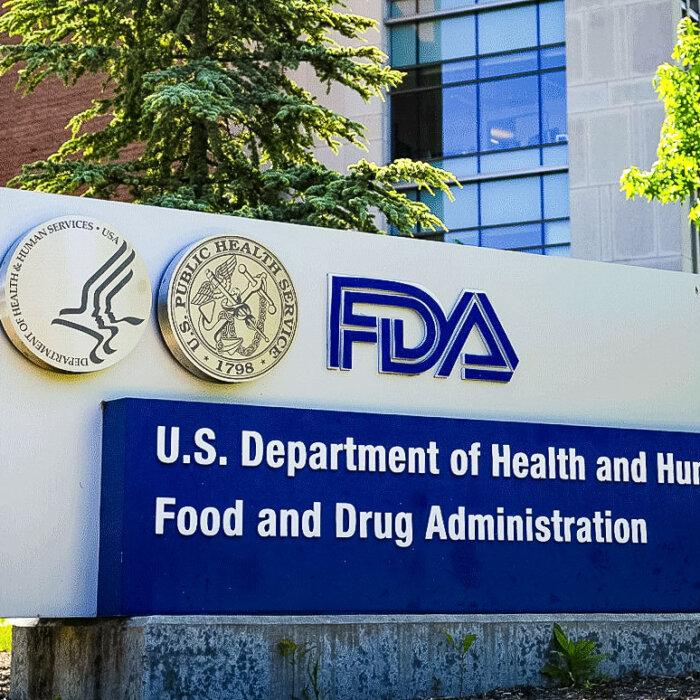A drug which appears to slow the progression of Alzheimer’s disease was blocked for use on the NHS after being approved by the medicines regulator due to its “marginal” benefits compared to the cost.
Lecanemab—made by Japanese company Eisai and branded as Leqembi—was, this week, approved by the Medicines and Healthcare products Regulatory Agency (MHRA), making the treatment the first of its kind to be licensed for use in the UK.
Lack of Evidence of Lasting Effects
She added that because the clinical trial only reported outcomes when people had been taking lecanemab for 18 months, there is a lack of evidence on its long-term effects.Alzheimer’s Research UK described the decision by NICE as “deeply disappointing” because it will now only be available to those with the means to pay privately, and urged Health Secretary Wes Streeting to intervene.
It was estimated that around 70,000 patients could have benefited from the drug, given as an infusion.
The health service spending watchdog estimated that the cost, including administering the drug, monitoring scans and outpatient reviews plus diagnostics, was £19,000 per patient per year—which could make the overall cost to the NHS around £1.3 billion annually.
The letter said, “We know that right now, one in three people in England aren’t receiving a formal diagnosis and there are considerable waiting lists to receive a dementia diagnosis with people waiting up to a year.”
It called on the government to do more to create a service for Alzheimer’s patients which is “fit for the future,” adding: “We recognise lecanemab’s benefits are modest, there are risks of side effects which need to be managed as well as a cost impact on the NHS.
“Nonetheless, the MHRA licence granted today reflects the great strides made in research over the past 20 years and moves us a step closer to a world free from the harm and heartbreak of dementia.”
Lecanemab is a targeted antibody treatment that binds to amyloid, a protein which builds up in the brains of people who have the condition.
Surge in Alzheimer’s Diagnoses
The number of people suffering from Alzheimer’s—a leading cause of dementia—has surged in recent years, with experts estimating that one in three people born in the UK today will experience dementia. Its cause is poorly understood, but scientists believe there are many environmental and genetic risk factors associated with its development.Evans-Newton hailed the drug as “the beginning of a sea change in how diseases like Alzheimer’s will be treated in future,” pointing to the 160 trials currently underway to test over 125 experimental treatments for Alzheimer’s across the globe.
“We’re assured that, together with the conditions of the licence approval, the appropriate regulatory standards for this medicine have been met.”
The MHRA’s former chief executive, Dame June Raine, said in 2022 that she wanted to see the drug regulator turn “from watchdog to enabler” in a bid to speed up the approval of new medicines.
27 More Drugs Under NHS Consideration
It is understood that manufacturer Eisai is working with NICE, the Scottish Medicines Consortium, and the NHS to make the drug available, with the potential for the price to be lowered.The EMA said the benefits of lecanemab did not counterbalance the risk of people suffering serious side effects such as bleeding and swelling in the brain, while the delay in cognitive decline was small.
“Lecanemab is the first disease-modifying treatment for Alzheimer’s disease with a market approval in the UK, and to ensure the health system is prepared for future advances in treatments, a dedicated NHS team is also looking ahead to 27 other drugs which are currently in advanced clinical trials that could be potentially approved by 2030.”







